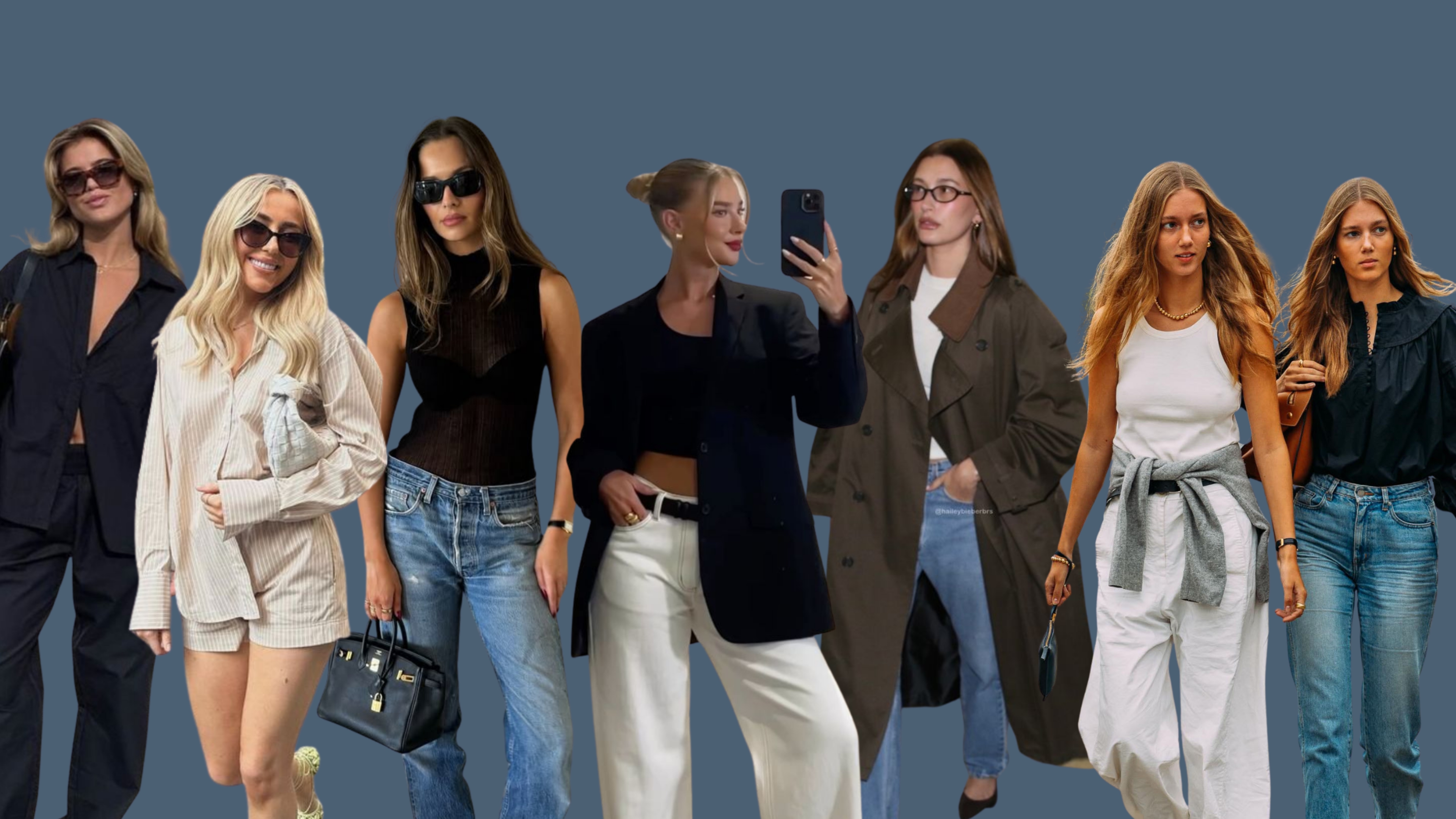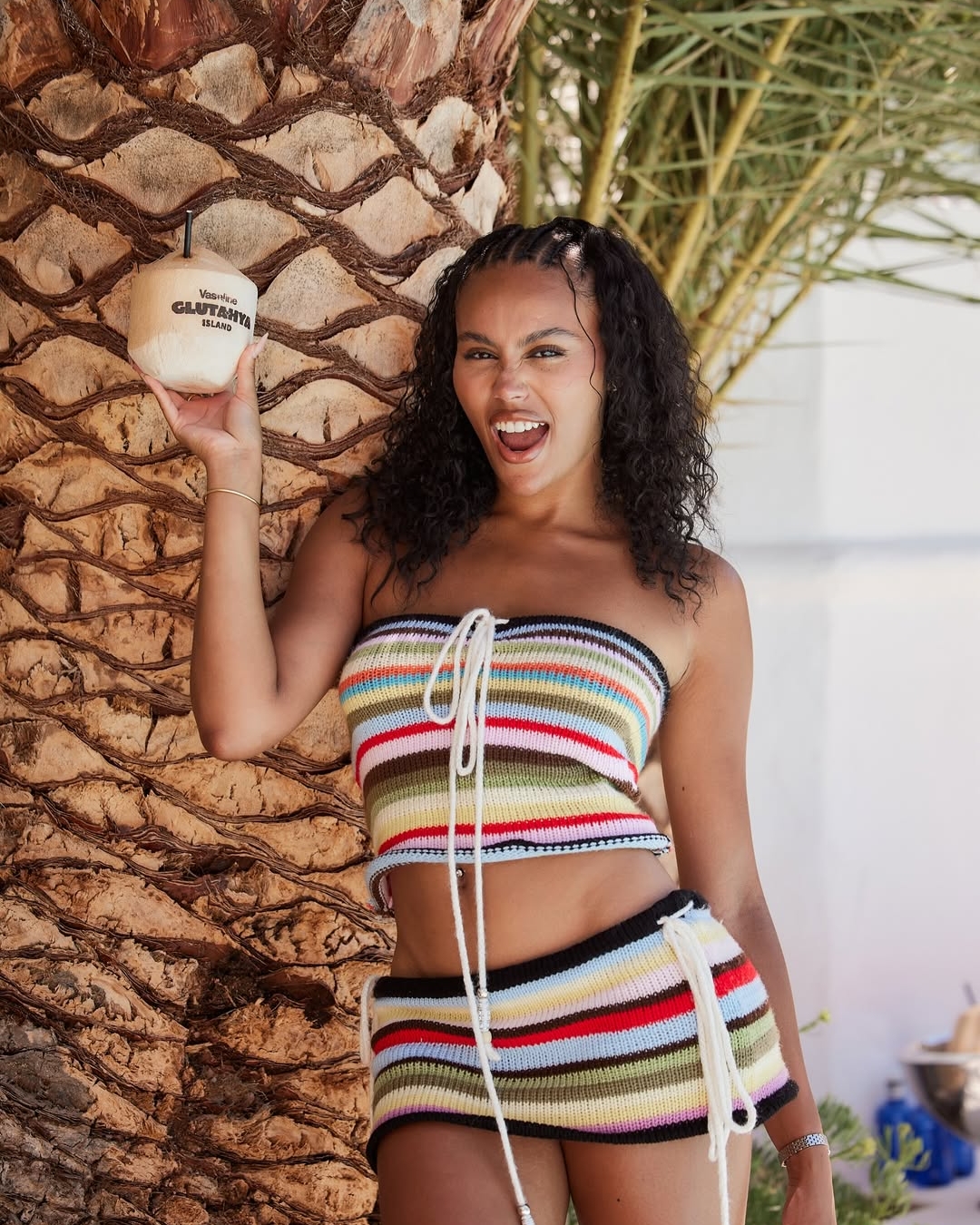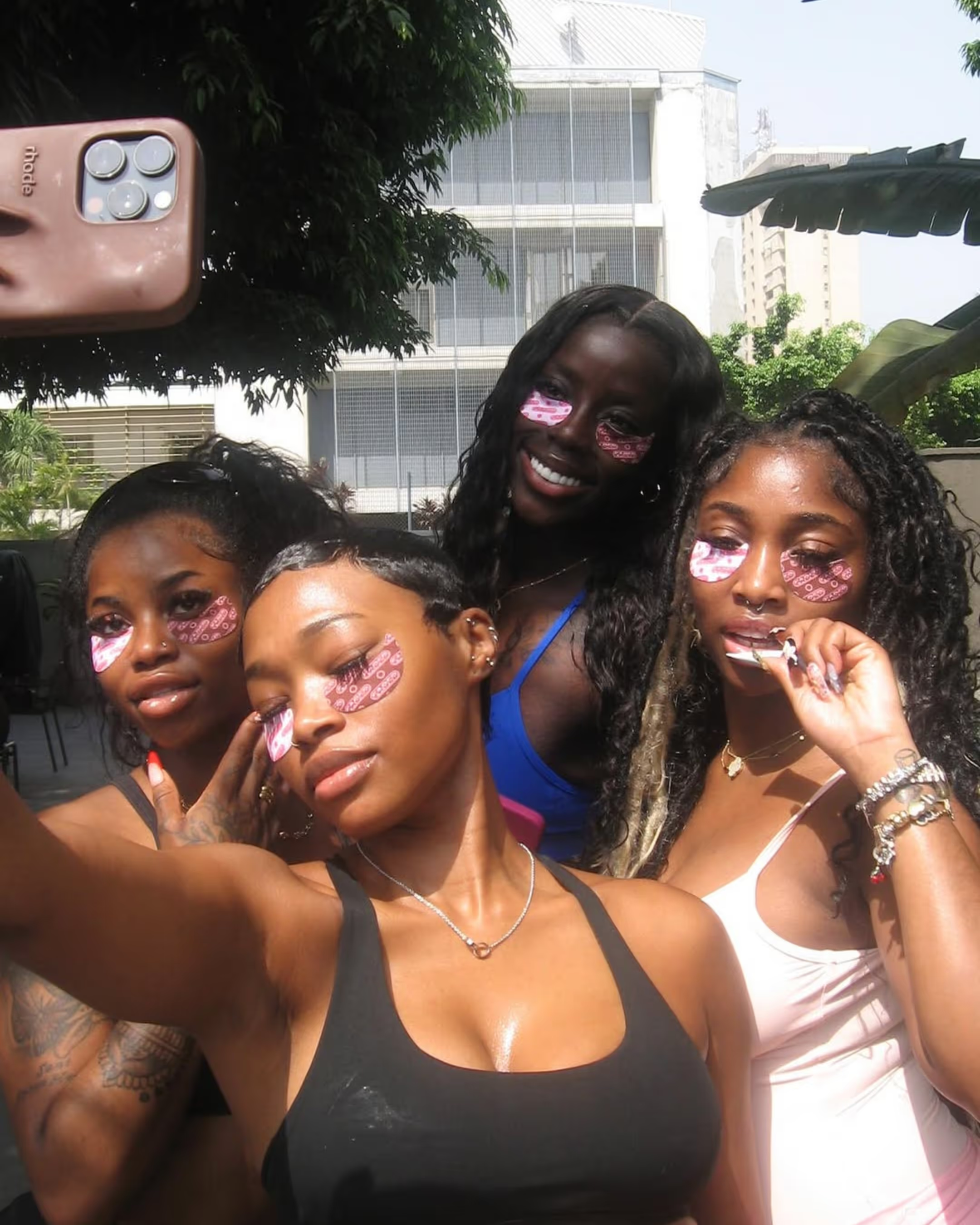I probably see and hear about the Topicals community just about as often as I see and hear about their actual products—and that’s saying a lot. It’s rare for a brand to be so evenly known for both. Many brands say they care about community, but don’t know what it takes to grow one in a way that feels real, resonant, and lasting. Topicals does. They’ve figured out how to make product, marketing, and community all work in tandem—not just as buzzwords, but as actual levers of connection. 2025 is shaping up to be their year in beauty marketing. Here’s why.
The product markets itself—but that’s because the product works
Topicals’ rise didn’t come from thin air. It began with one product: Faded. That pastel pink tube is arguably one of the most recognisable in skincare right now. Faded became a staple for treating hyperpigmentation because it delivered visible results—and fast. It also sparked conversation. Everyone was talking about it, posting about it, sharing their before-and-afters. Topicals’ growth came from nailing a hero product—one people genuinely couldn’t stop talking about. That kind of momentum comes from smart marketing, sure, but mostly from the product just being really good. When a product’s that good and getting that much attention, it only makes sense to keep the momentum going. And that’s exactly what Topicals did.

The Faded Eye Masks are a good example. They’re essentially the serum in patch form, but the way they’ve been picked up by users has made them something more. People post them as part of their outfits, in mirror selfies, in Tiktoks. They’re not just functional—they look good. The masks have become something you wear, not just something you use.
That kind of marketing doesn’t come from billboards or influencer codes. It comes from people genuinely wanting to share the product. The same way you’ll see Starface patches on people’s faces in videos—not because they’re being paid to show them, but because they’re fun to wear. Or how the Rhode phone case became part of the brand’s identity just by showing up on people's feeds and IG stories. Topicals understood that when your product is visually distinctive and actually works, people will do the marketing for you.

The Faded Cleansing Bar followed the same thinking. A continuation of the hero formula, launched with Flo Milli. It didn’t feel like a big campaign moment—it felt like a natural next step. The kind of release that builds on existing trust rather than trying to create hype from scratch.
Even when they missed the mark—like with the original serum’s divisive scent—they listened. Recently, they dropped an unscented version of the product that was originally released in 2020. Originally getting its smell from glutathione, this reiteration glides on without any olfactory experience, delivering the same, beloved results as the original. It’s a small but important move that shows they’re not just watching the conversation, they’re in it.
To mark the relaunch, Topicals put out a campaign titled Faded By Any Means, paying homage to the cult-classic film Belly. “Hype Williams is one of the most prolific directors of our time. We owe him a lot for shaping the way Black stories are told,” said Olamide Olowe, founder and CEO of Topicals. “By leaning into hustle-inspired storytelling, Topicals pays homage to the ambitious work ethic of the streets.”
This is what real community looks like
What makes Topicals stand out isn’t just the products—it’s the way they’ve built something around them. A lot of brands talk about community, but for Topicals, it’s baked into everything they do. It doesn’t feel like an afterthought or a marketing add-on. It’s part of the strategy.
Late last year, they took a group of BIPOC influencers to Ghana. Not for a quick content trip, but to actually spend time together. To connect. It was the kind of thing that felt intentional, not performative. The group visited local businesses, explored the culture, and created space for shared experience. These weren’t just influencers being flown out—they were people the brand had real relationships with.
This year, Topicals is heading to the French Alps with Soft Life Ski, a ski trip for the global Black diaspora centred on luxury, rest and community. It’s the kind of activation most beauty brands wouldn’t even think to touch—but for Topicals, it fits. They’re bringing creators like Kenza Boutrif, Dénola Grey and Anayka She along for the ride, and even gave two community members the chance to win a spot on the trip. Again, it’s not just about showing up—it’s about building something people genuinely want to be part of.

That shows up in smaller ways too. Topicals runs the Spottie Sphere, a private community space where superfans get early access to drops, exclusive invites, and actual input on product development. Members voted on the new eye mask colourway and were later invited to a paintball event to celebrate its launch. These moments create the kind of connection most loyalty programmes can only hope to reach. Same goes for the College Ambassador Program, which gives students a way to be part of the brand from the inside out.
As Natalie Browne Holmes, Director of Community and Social Impact, puts it: “The goal is to create a brand that customers not only want to shop from but that they feel a part of as well.” It’s more than reposting UGC or doing one-off brand events. It’s about being in the places their community already is, and showing up with purpose.
And Topicals doesn’t stop at creating safe spaces—they fund them too. In 2024, the brand donated $50,000 to mental health organisations, partnered with groups like Joy Day and WalkGoodLA to host wellness events, and gave out scholarships to community members in need. From tea workshops on World Mental Health Day to donations supporting Gaza through PCRF, the brand’s commitment to mental wellness, equity and representation runs deep. The beauty industry is full of surface-level community talk. Topicals is showing what it actually looks like when you mean it.
Exclusivity without exclusion
All of this points to something bigger than just good marketing. Topicals is rethinking how exclusivity works in beauty. Not in the traditional sense—where access is limited and only a certain type of consumer gets let in. Their version is different. It’s not “you can’t sit with us”, it’s “you’re already part of this if you want to be.”
It’s subtle, but powerful. Whether it's letting micro-influencers lead a launch moment or flying two community members to the French Alps, Topicals creates the kind of brand world people want to be in. Not because it's hard to access, but because it feels like it means something once you're there. And that’s the difference.
Most brands try to create a sense of exclusivity by pulling away. Topicals does it by leaning in. The result is a kind of belonging that feels organic. Real people posting real moments, being featured on the brand’s main feed, showing up at events, having a say in what’s next. It’s that energy—warm, intentional, a little chaotic in the best way—that’s hard to manufacture and even harder to fake.
In a beauty landscape that often feels oversaturated and overly polished, Topicals is cutting through. Not by being louder, but by being closer. And in 2025, that might just be the most powerful marketing strategy of all.






.svg)


.svg)
.svg)






